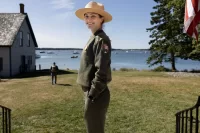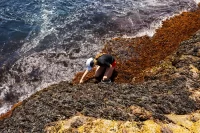
Associate Professor of Economics Sandra Goff has received a National Science Foundation grant award supporting her research on programs that compensate landowners who manage their land for ecological services.
The NSF award will support the research project — for which Goff is the principal investigator and Matt Williamson, an associate professor of human-environment systems at Boise State University School of Environment, is the co-P.I. — to the tune of $369,999 over the next three years. The team learned of the award Aug. 26.
“I’m so grateful to everybody in Sponsored Programs and Research Compliance at Bates because they’re so incredible,” Goff says. “This would not have happened without them.”
Goff and Williamson are investigating how landowners do or do not engage with payment for ecosystem services, or PES, programs. Such programs offer financial compensation to people who choose to opt-in and take on the responsibility of managing their properties specifically to support conservation or ecological goals, such as increasing carbon sequestration or biodiversity.
“There’s no one thing that ever determines behavior,” Goff says. “It’s really interesting to see the different ways that people are influenced to do good things – or not.”
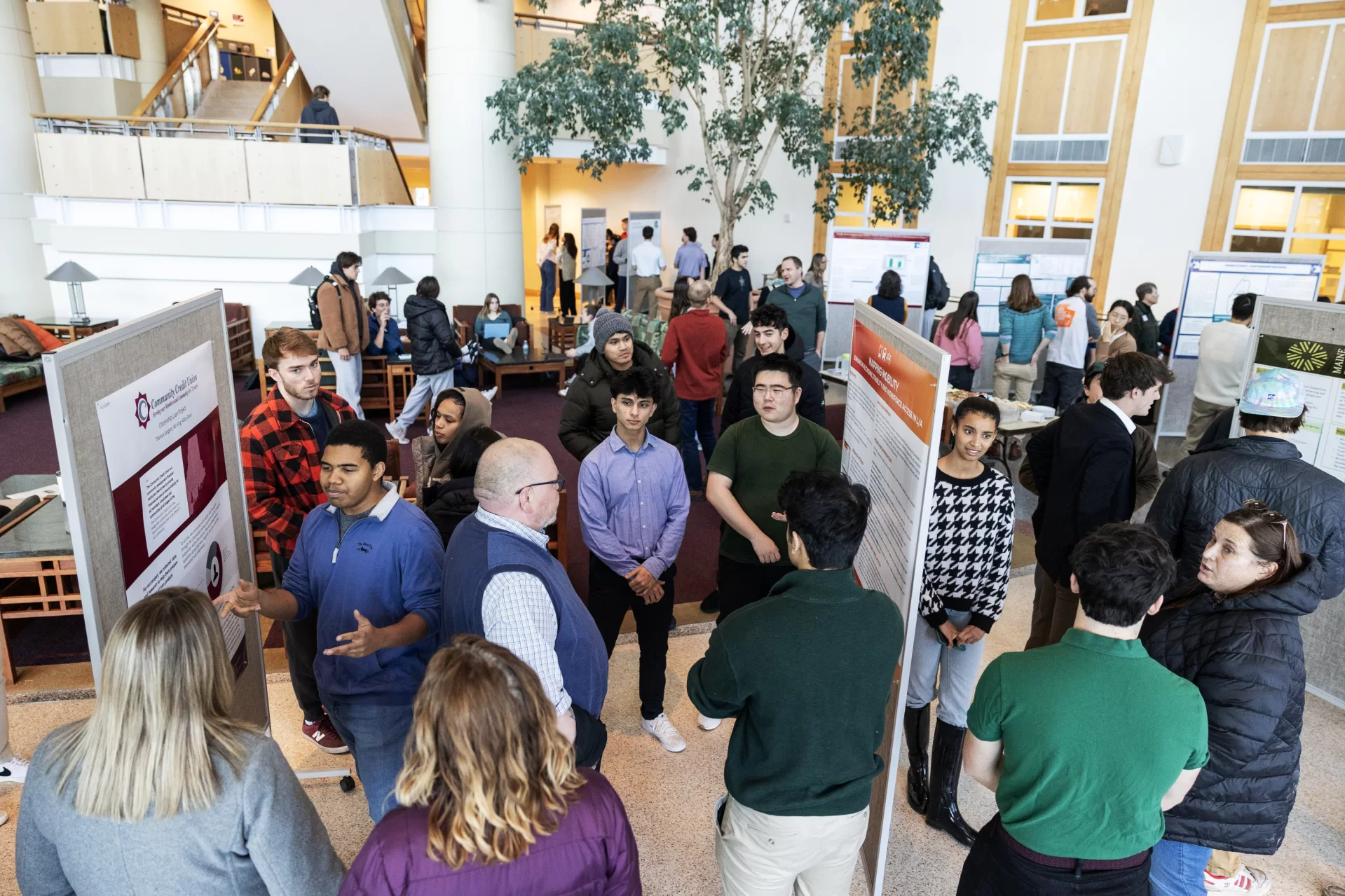
Legal entities, nonprofit organizations, and other institutions administer PES programs. The Family Forest Carbon Program, which pays landowners for implementing forest management practices that increase carbon sequestration, is an example of a PES program available to Maine landowners.
Even as PES programs have grown increasingly popular and are now found around the world, economists and ecologists alike do not have a broad understanding of what factors or patterns cause landowners to join PES programs. The programs will not be able to meet their full environmental and economic potential without this deeper understanding of why landowners are engaging.
To better understand what drives PES participation, Goff and Williams will conduct a two-part study, first with the general public and then with landowners.
“We are coming from two different disciplines, which is fun and exciting,” Goff says. “We had a lot of shared interests and were able to find something that would bring together our two areas of expertise.”
The project in part aims to address how population distribution and clustering across landscapes affect patterns of participation in PES programs and ecological outcomes, Goff says.
“People are not scattered about the landscape randomly,” Goff says. “People choose to live in the neighborhoods that they live in. They choose to live in the cities that they live in, and people tend to cluster in these homogenous groups.”
For the first part of the study, Goff and Williamson will field participants from the general public. The online experiment will evaluate participants’ willingness to engage with PES programs through a game in which players act as forest landowners, deciding in each round to either conserve their land or harvest it.
In an effort to mimic real-life financial incentives, real money is on the line for study participants. If players choose to harvest, they will be paid a nominal amount of money for each acre harvested, after the game is over. If they conserve, the research team will donate money to a conservation organization to fund tree planting. During certain rounds, players will be ranked by their level of conservation.
“You get paid an individual payoff if you harvest your land, but you get a payoff for the greater good if you don’t,” Goff says.
Understanding how and why people are motivated by financial incentives can inform how organizations and institutions invest in PES programs, Goff explains.
“We certainly don’t want to spend public or private dollars on trying to get people to engage in a behavior and have that backfire or be a waste because they were going to do it anyway,” Goff says.
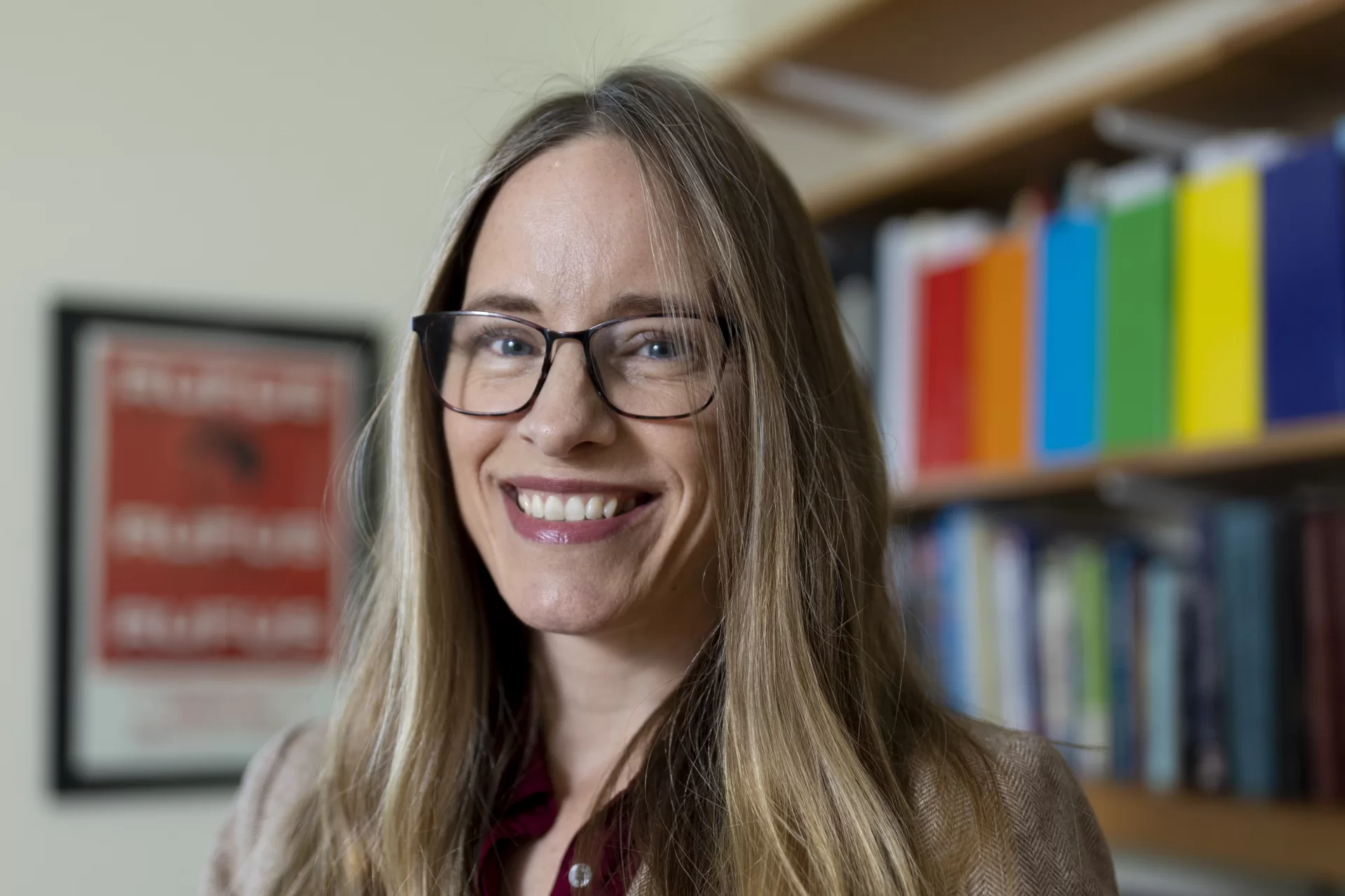
At the conclusion of the general public study, Goff and Williamson will create an agent-based model, which simulates individual entities, agents, who follow simple rules to interact with each other and their environment. The agents will be simulated using the patterns of behaviors observed in the games. In the model, the agents make land management decisions based on things like environmental characteristics, land use rules, and what their neighbors do — a bit like an insular video game world where the players and surroundings are carefully programmed with specific characteristics, then left alone to act as they please.
Observing how individual behavior plays out in the context of the simulated landscape, the researchers will draw conclusions about PES programs’ uptake and ecological impact.
“I find it fascinating when things don’t work the way we think they’re supposed to,” Goff says. “That’s more likely to happen in these really complex models where there are these emergent behaviors that you didn’t expect.”
Financial motivation sometimes causes unexpected behavioral results, Goff explains. Someone may already be intrinsically motivated to do a certain behavior when a monetary reward for the behavior is introduced. However, if that monetary reward is later taken away, the person’s motivation to do the behavior may be even lower than it was prior to receiving monetary compensation.
“Anything that interferes with that intrinsic motivation can be a problem,” Goff says. “It’s not always clear whether or not giving somebody a financial incentive is going to increase the behavior that you had hoped it would increase.”
After the general public study, Goff and Williamson will run the same experiment with landowners as the players. They plan to attend the National Conference of Private Forest Landowners next June to connect with possible participants.
“Using participants who aren’t used to making those kinds of decisions can lead to very different results than engaging experts in their fields,” Goff says. “Talking with people who are actually managing a family forest is going to be important.”
Goff, who grew up in central Maine, will also take the experiment and her mobile lab to communities around the state. Her home state is an interesting locale for the study, she explains, because about 92 percent of Maine’s forest land is privately owned, and some PES programs are open to landowners with as few as 30 acres.
“A lot of these programs can affect people who maybe don’t even consider themselves small forest landowners,” Goff says.
At the study’s conclusion, Goff and Williamson will aggregate findings into a series of briefs and software tools to advise policymakers working with PES programs.
Not unlike a multifaceted landscape, Goff’s own academic career has taken her across various disciplines, from economics to urban planning to ecology. For this project, she plans to hire Bates student researchers from varied academic disciplines, furthering the interdisciplinary nature of a project that already combines elements of experimental economics, landscape ecology, and psychology.
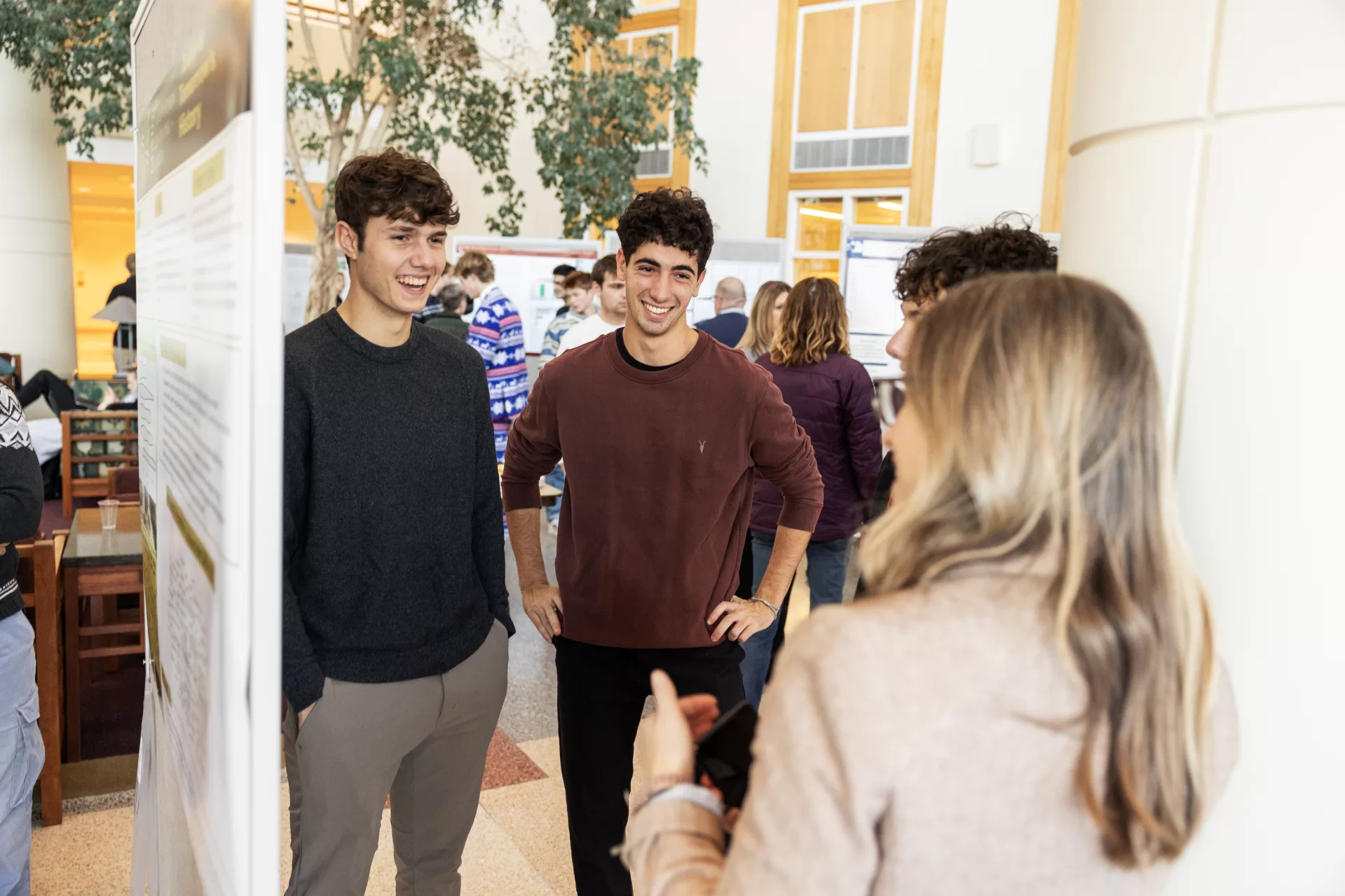
“Research is such a great way to train your mind to be clear and disciplined and to search for answers and help students learn how to work on their own,” Goff says. “I love working with students.”
By addressing unanswered questions surrounding the over 2,400 (and growing) global ecosystem service markets, Goff and Williamson hope to open the door for more effective, cost-friendly, and accessible PES programs.
This material is based upon work supported by the National Science Foundation under Grant No. 2447385. Any opinions, findings and conclusions or recommendations expressed in this material are those of the author(s) and do not necessarily reflect the views of the National Science Foundation.
Faculty Featured
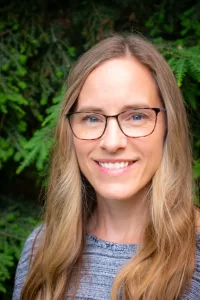
Sandra H. Goff
Associate Professor of Economics
